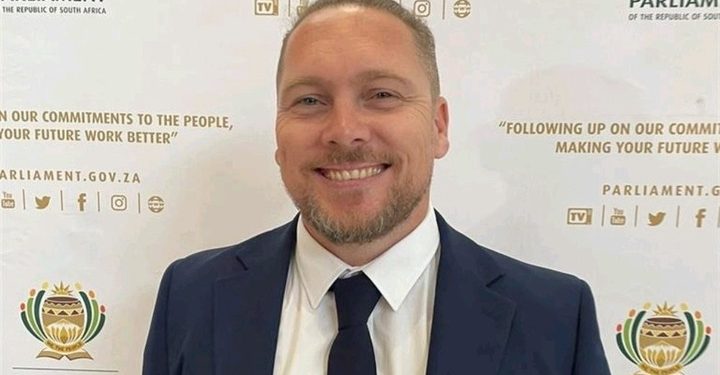Renaldo Gouws, a former member of Parliament for the Democratic Alliance (DA), has offered explanations for the substantial obstacles that the Economic Freedom Fighters (EFF) are currently encountering. He contends that the party, which is centered around its leader Julius Malema, may encounter difficulty in ensuring its survival following his departure. Gouws observes that this centralization of power enables Malema to preserve his authority; however, it ultimately impedes the party’s expansion and sustainability. A more collective approach to governance may be necessary for the EFF to flourish beyond its current leadership.
Gouws also emphasizes the EFF’s failure to acknowledge the MK Party, also known as the Military Veterans’ Organisation of the African National Congress, as a competitor. He posits that the EFF leadership has been complacent in their approach to this potential threat, as evidenced by their social visits with former president Jacob Zuma, rather than strategically confronting it. The EFF’s capacity to effectively compete for support may be impeded by this dearth of awareness regarding voter demographics in the same political sphere.
Reasons why the EFF is imploding:
– Malema built the party around him, once he goes, the party goes down with him. Great if you want to be the CIC for life and secure the benefits but terrible if you want to let it live and grow after you are done with politics.
– Not seeing MK…
— Ngamla Gouws 🇿🇦 (@RenaldoGouws) October 17, 2024
The practice of parachuting well-known figures into leadership positions rather than cultivating loyal ground forces is another concern that Gouws raises. This method has the potential to erode the party’s foundation by creating a rift between leadership and grassroots supporters. Furthermore, he characterizes the EFF’s top-down management style as dictatorial, which has led to resentment among its members.. Leaks within the party and the eventual departure of key individuals to other political groups may result from such discontent.
Gouws has also criticized the EFF’s strategy of admitting a diverse array of new members in an effort to increase its membership. He contends that genuine loyalty is cultivated over time and cannot be artificially generated through merely membership campaigns. Finally, he identifies the EFF’s failure to fulfill election commitments, such as the construction of a school, as a substantial setback that erodes public trust.
As the situation within the EFF continues to unfold, it remains to be seen how these internal dynamics will affect the party’s future.






















